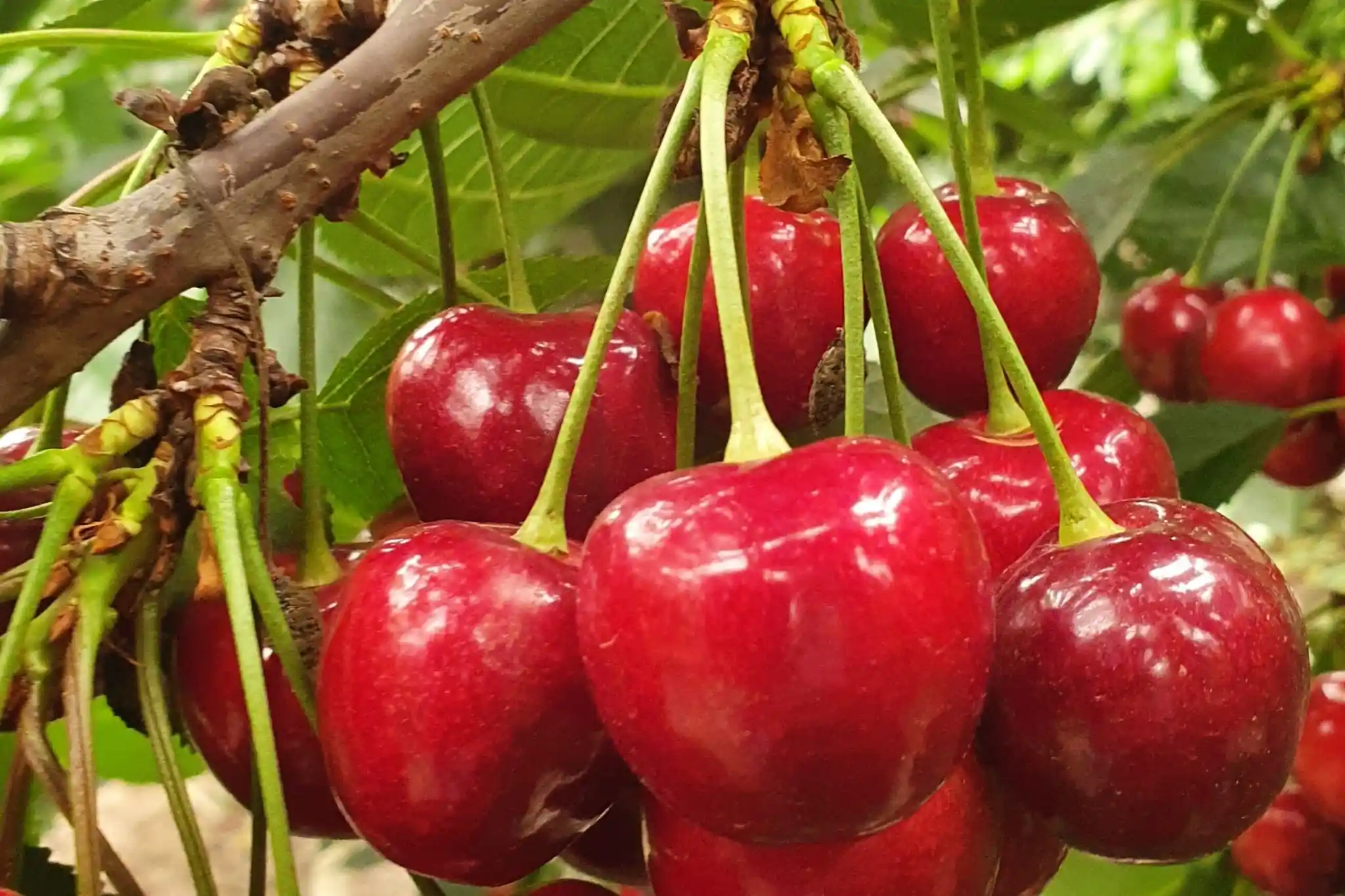The research project entitled 'Improving two-phase phenology models to forecast bloom in sweet cherry trees under future climate scenarios' was awarded to Professor Eduardo Fernández from the School of Agronomy at the Pontificia Universidad Católica de Valparaíso. Fernández, a professor at the same institution, will be in charge of the study that aims to understand how climate change has affected the flowering date of deciduous trees over the decades.
The research, aimed at finding a way to identify the flowering date of cherry trees in the face of the potential impacts of climate change, is a key objective for academics at the PUCV School of Agronomy. Fernández emphasised the importance of predicting this event and anticipating future temperature changes.
The lecturer explained that deciduous fruit trees, such as the cherry tree, spend the winter period without leaves, and knowledge of the flowering date is crucial for the cherry industry. This information allows fruit growers to plan activities such as foliage application, pollination, and dates for hiring personnel for harvesting.
Fernández highlighted how climate change has affected the flowering date of deciduous trees over the decades, motivating the need to understand and predict these changes in order to adapt agricultural practices. He emphasised that the choice of the cherry tree for the study was not accidental, considering that it is one of the most cultivated species in the country in terms of temperate climate fruit trees.
Read the full article: Redagrícola
Cherry Times - All rights reserved










